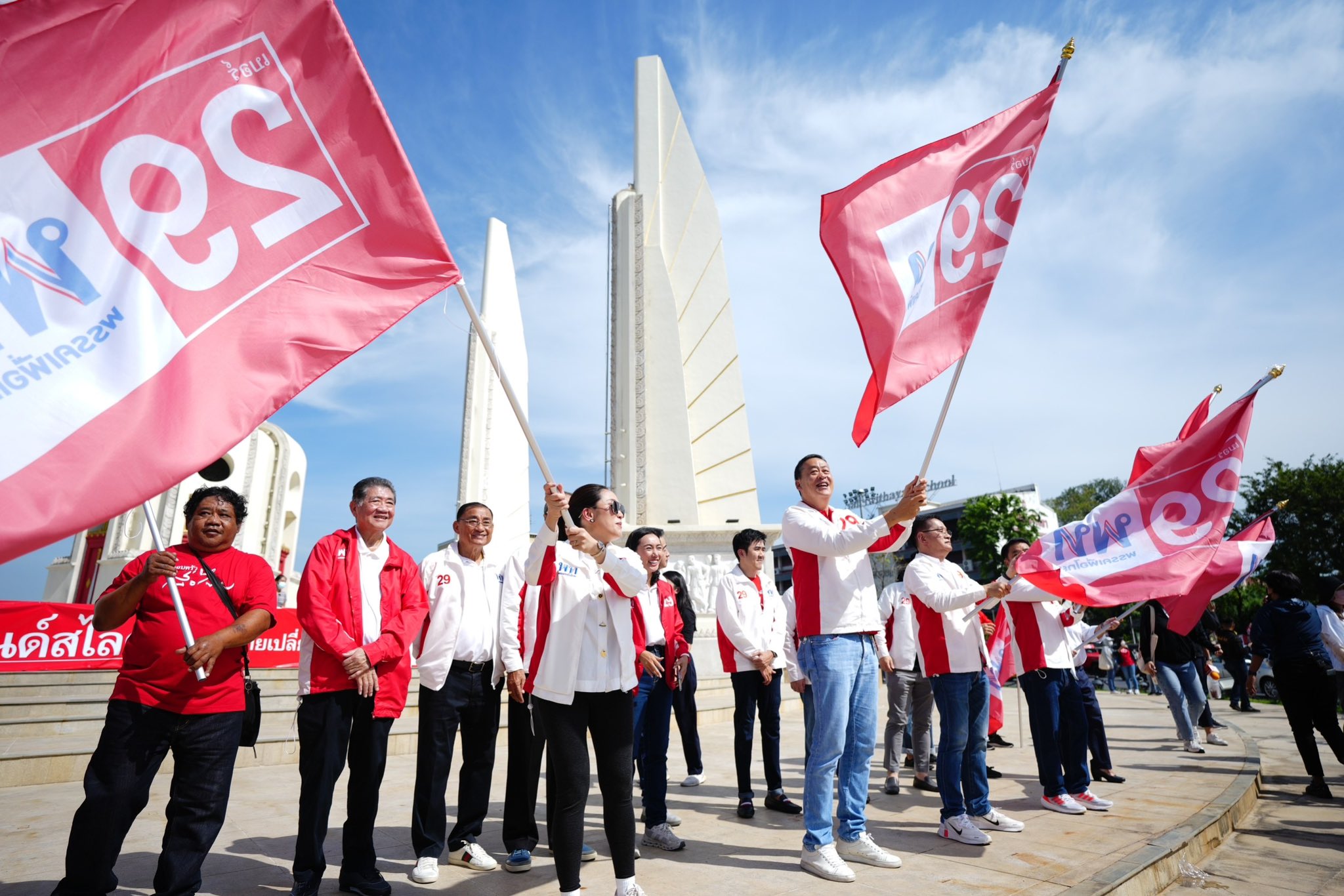
Thailand is heading to the polls on Sunday, May 14, after nearly a decade of political turmoil and military rule.
The election is seen as a crucial test of the country’s democracy and stability and a showdown between the supporters and opponents of former Prime Minister Thaksin Shinawatra, who was ousted by a coup in 2006 and lives in exile.
Final day of campaigning in #Thailand for #thaielection2023 as polling will take place May 14. All parties have to stop campaign activities by 6pm local time by law. Nation's largest opposition @PheuThaiParty has been urging all to give them a landslide win #เลือกตั้ง66 #เพื่อไทย https://t.co/wyzsvCHgzL pic.twitter.com/wd7OS4h5dB
— May Wong (@MayWongCNA) May 13, 2023
The main contenders are:
– Pheu Thai, the party loyal to Thaksin and his sister Yingluck, who was also removed from power by a coup in 2014. Pheu Thai is leading in most opinion polls and has promised to raise the minimum wage, boost local spending, and amend the constitution drafted by the military.
– United Thai Nation, the new party formed by incumbent Prime Minister Prayuth Chan-ocha, a former army chief who led the 2014 coup and has been backed by the royalist establishment. Prayuth has campaigned on his record of restoring order, reviving the economy, and managing the Covid-19 pandemic.
– Palang Pracharat, the ruling party led by another former army chief, Prawit Wongsuwan, who is Prayuth’s mentor and ally. Palang Pracharat has tried to appeal to urban middle-class voters with policies such as tax cuts, infrastructure projects, and social welfare programs.
– Move Forward, the progressive party that emerged from the pro-democracy protests that rocked Thailand last year. Move Forward has attracted young and first-time voters with its agenda of reforming the monarchy, ending military interference, and promoting human rights.
– Bhumjaithai, a regional party that has gained popularity with its successful push to legalize cannabis for medical and recreational use. Bhumjaithai could play a kingmaker role in forming a coalition government if no party wins a majority.
The election is expected to be close and contentious, with allegations of vote-buying, intimidation, and media bias.
The results may not be known until late Sunday or even Monday, as the election commission has to count constituency and party-list votes.
The new parliament will then elect a prime minister, who needs the support of more than half of the 750 lawmakers, including 250 senators appointed by the military.
The election is widely seen as a choice between returning to civilian rule or prolonging military influence.
Many Thais hope that the vote will end the cycle of coups and protests that have plagued their country for decades, while others fear that it will only deepen the divisions and trigger more conflict.
“`

